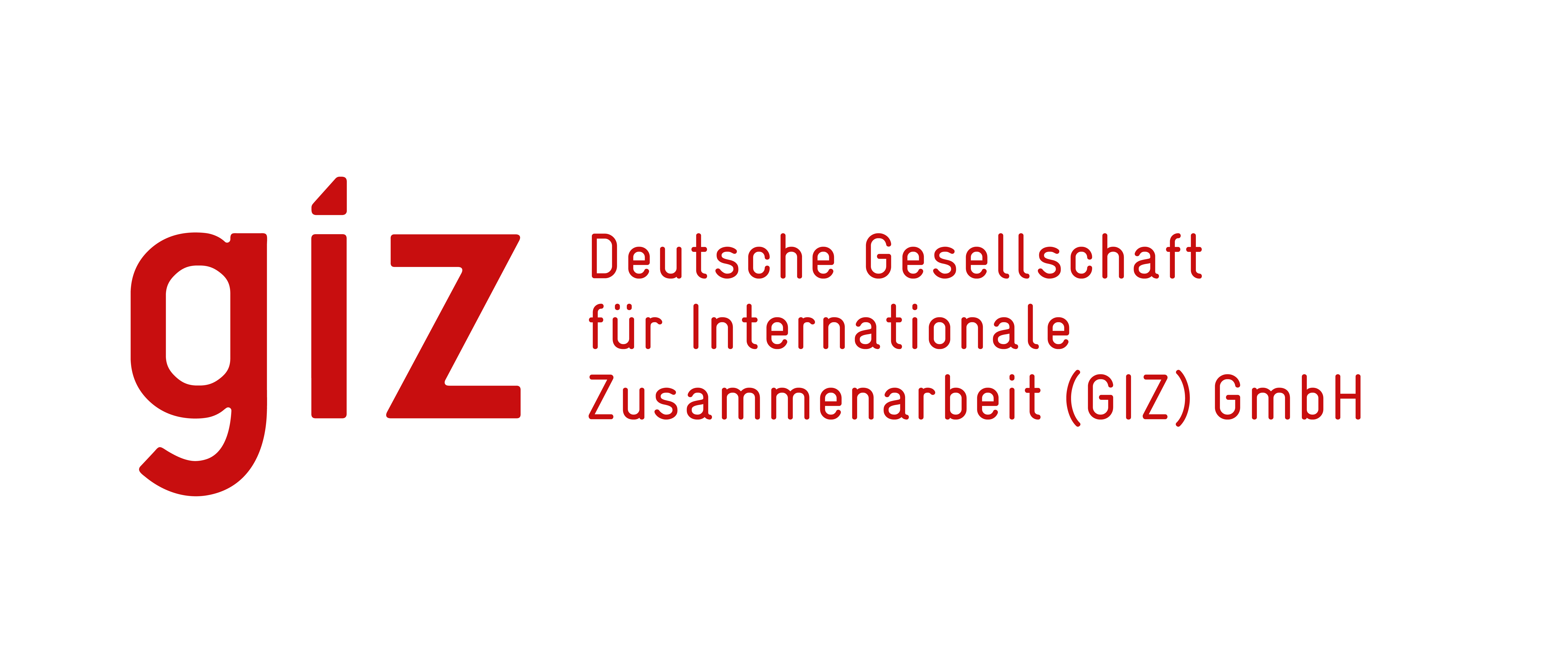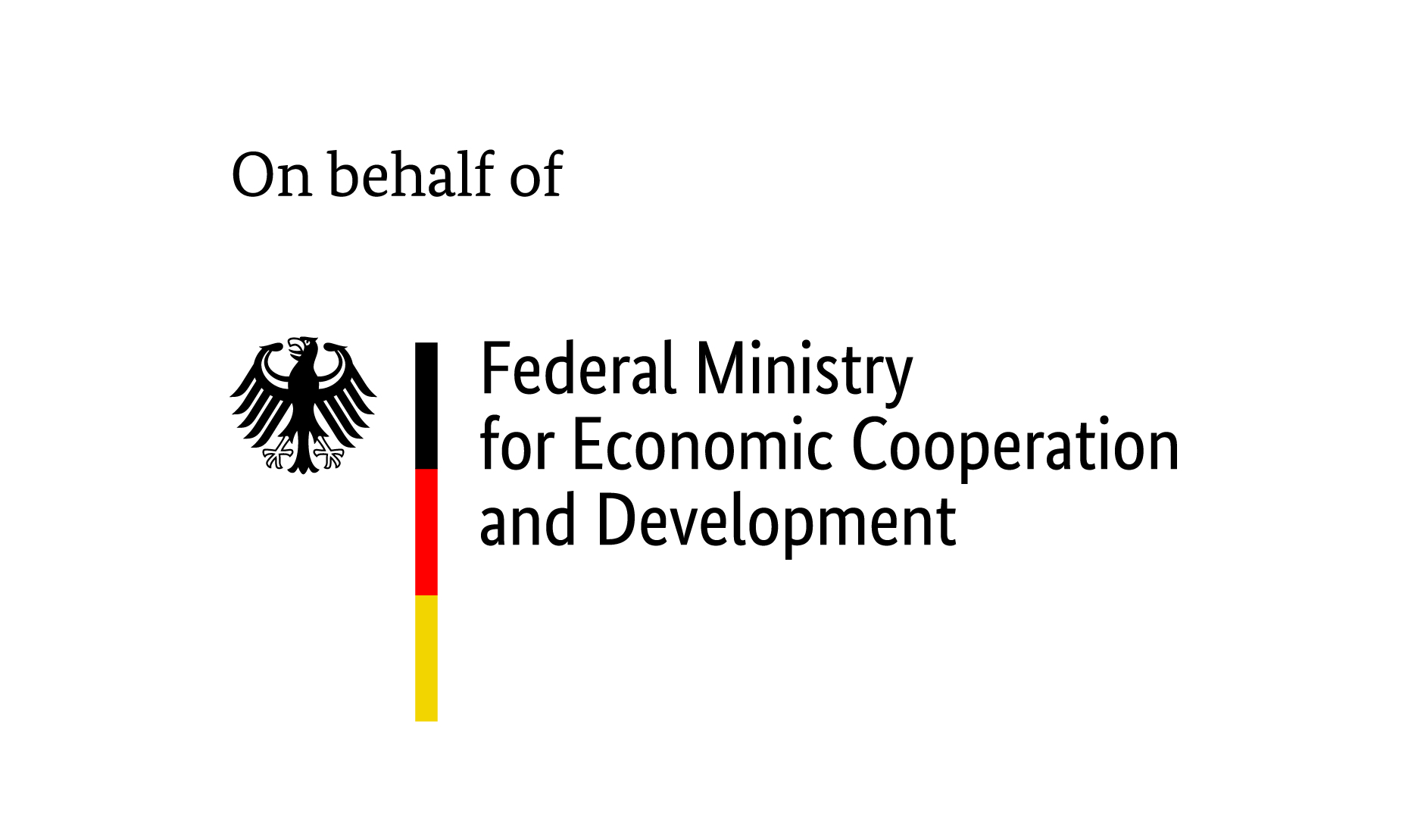
Through providing guaranteed employment for a period, workfare programmes provide insurance against the shocks to income that can lead to conflict
Read "Can Workfare Programs Moderate Conflict? Evidence from India" by Thiemo Fetzer here.
By 2030, half of the world’s poor will be living in conflict-affected areas. Could some of the resources currently spent trying to protect them be better spent trying to prevent those conflicts? In this VoxDevTalk, Thiemo Fetzer discusses his work investigating whether workfare programmes can help reduce conflict. The National Rural Employment Guarantee Act (NGERA) in India established a public employment programme that provides an alternative source of income through a guarantee of 100 days of employment at minimum wages. The programme effectively acts as a social insurance system that moderates the impact of adverse shocks on household incomes, which have been shown to be drivers of conflict. Through stabilising agricultural incomes, NGERA had a massive indirect benefit of generating more social stability and persistently lower conflict levels.



